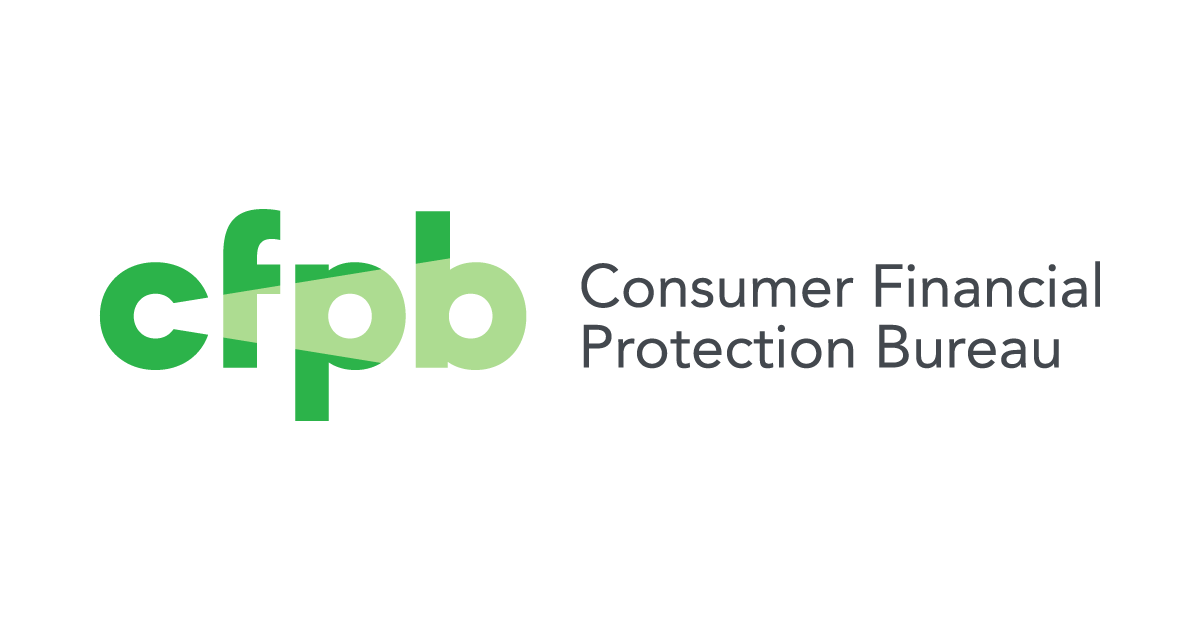The Consumer Financial Protection Bureau (CFPB) is taking the first step toward addressing credit card company penalty policies costing consumers $12 billion each year, starting by looking at excessive late fees. In an Advance Notice of Proposed Rulemaking published today, the CFPB asks for information on the Federal Reserve Board of Governors’ 2010 immunity provision for excessive late fees that allows credit card companies to escape enforcement scrutiny. The CFPB is seeking data about credit card late fees and late payments, assessing whether those fees are “reasonable and proportional.” We are also seeking data about card issuers’ revenue and expenses, the potential deterrent effect of late fees, and the role late fees play in credit card companies’ profitability.
“Credit card late fees are big revenue generators for card issuers. We want to know how the card issuers determine these fees and whether existing rules are undermining the reforms enacted by Congress over a decade ago,” said CFPB Director Rohit Chopra. “This effort is particularly timely since current rules might give companies the incentive to impose big hikes based on inflation.”
Credit CARD Act of 2009
To address concerns of widespread abuse by the credit card industry, Congress enacted the Credit Card Accountability Responsibility and Disclosure Act of 2009 (CARD Act). The law curtailed a range of junk fees, coercive contract clauses, and other suspicious practices. For example, Congress curtailed fee harvester cards and over-the-limit fees, “universal default” clauses, and hidden kickbacks to colleges marketing to students. It also created a range of other protections for cardholders, including limiting how much credit card companies could charge for penalties such as late fees. In a Congressionally mandated review of the CARD Act in 2013, the CFPB found that the CARD Act reduced the overall cost of credit card credit by two percentage points, but only reduced late fees by $1.5 billion per year.
Fed’s Immunity Provision
The CARD Act banned excessive penalties. In 2010, the Federal Reserve Board of Governors (Fed) voted to implement provisions of the CARD Act that required penalties to be “reasonable and proportional to the omission or violation.” In its rule, the Fed prohibited generating more revenue from late fees than was necessary to cover the cost of late payment. However, the Fed also included a provision that allowed credit card issuers to escape enforcement scrutiny if they set fees at a particular level, even if the fees were not necessary to deter a late payment and generated excess profits. The Fed also allowed these fees to rise by inflation. Today, these limits have climbed to $30 for the first late payment and $41 for a subsequent late payment within 6 billing cycles.
Advance Notice of Proposed Rulemaking
Under the Consumer Financial Protection Act, Congress transferred the authority to adjust the late fee provisions from the Fed to the CFPB. Today, the CFPB has published an Advance Notice of Proposed Rulemaking to review the Fed’s immunity provision and determine whether adjustments are needed to address late fees. Late fee penalties are charged in addition to interest when a cardholder does not make the minimum payment by the due date.
Over 175 million Americans hold at least one credit card. In March, the CFPB issued a report, Credit Card Late Fees, that found that many major issuers charge the maximum late fee allowed under the immunity provisions; 18 of the top 20 issuers set late fees at or near the established maximum level. The report also found that the credit card market continues to generate sizable profit from late fees. Credit card companies charged $12 billion in late fee penalties in 2020. This makes up 10 percent of the total cost of credit cards to customers. And that revenue comes disproportionately from people living in low-income neighborhoods.
Today’s Advance Notice of Proposed Rulemaking asks card issuers, consumer groups, and the public to comment on the following:
- How do credit card issuers set late fee amounts? How is the fee determined to be considered reasonable or proportionate or at least related to the actual costs to the card issuer? How is the fee related to the statement balance?
- Are revenue goals a factor in determining late fees? How do they figure into profitability for the card issuers?
- What are card issuers’ costs and losses associated with late payments?
- Do late fees have a deterrent effect? Does the amount have a deterrent effect? Do card issuers impose other consequences other than late fees when payments are late?
- What methods are card issuers using to encourage timely payments, including autopay and notifications?
- How many calendar days after the due date do consumers make the late payment? For example, what percentage of accounts is less than 24 hours late versus 30 days late?
- For card issuers, what annual income is coming from interest and fees? What are annual expenses?
Read the Advance Notice of Proposed Rulemaking regarding Credit Card Late Fees and Late Payments.
Public input will inform revisions to Regulation Z, which implements the CARD Act and the Truth in Lending Act. The deadline for submitting comments is July 22, 2022.
Consumers encountering a problem related to credit card fees or other consumer financial products or services can submit a complaint with the CFPB online or by calling (855) 411-CFPB (2372).
The Consumer Financial Protection Bureau is a 21st century agency that implements and enforces Federal consumer financial law and ensures that markets for consumer financial products are fair, transparent, and competitive. For more information, visit consumerfinance.gov.
Official news published at https://www.consumerfinance.gov/about-us/newsroom/cfpb-initiates-review-of-credit-card-company-penalty-policies-costing-consumers-12-billion-each-year/
Images courtesy of PixaBay
The post CFPB Initiates Review of Credit Card Company Penalty Policies Costing Consumers $12 Billion Each Year first appeared on RSVTV news.
originally published at Finance - RSVTV news

